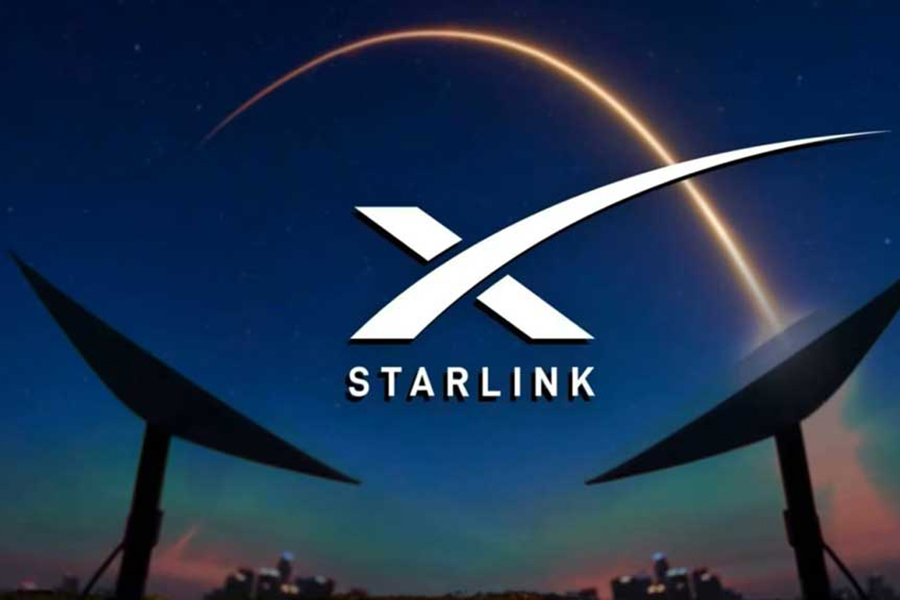Starlink will have surveillance capabilities in Bangladesh, can be shut down at any time


The introduction of satellite-based internet services in Bangladesh will come with legal surveillance capabilities and the authority to shut down services at any time, as per new government regulations.
The interim government published a set of guidelines on Wednesday, which included the information.
The country is gearing up to launch satellite internet services, and the chief advisor has instructed Starlink, the US-based company of Elon Musk, to begin operations in Bangladesh within 90 days, as per a bdnews24.com report.
As part of this initiative, the Bangladesh Telecommunication Regulatory Commission (BTRC) has issued the guideline titled “Regulatory and Licensing Guidelines for Non-Geostationary Orbit (NGSO) Satellite Services Operators in Bangladesh.”
According to the directive, companies must register with the Registrar of Joint Stock Companies and Firms before applying to BTRC.
The application fee is Tk 500,000 and a security deposit of Tk 25 million is required for the license. The license will be valid for 10 years, with an annual renewal fee. Annual fees will be $10,000 for those providing internet of things, or IoT services and $30,000 for broadband and other services.
The Network and Operations section of the guideline states that licensed satellite service providers must be connected to at least one local gateway. Their NGSO gateway must be linked with a licensed International Internet Gateway operator in Bangladesh to carry internet traffic.
Telecom and technology expert Mostafa Mamun Hossain said that this requirement gives the government full control over satellite internet services. Since the connection will go through local IIGs, authorities can disconnect or shut down services whenever they choose.
This contradicts the interim government’s previous statement, which said that the reason for bringing Starlink to Bangladesh was to prevent internet shutdowns like those imposed by the previous government.
Currently, 34 licensed IIG operators exist in Bangladesh.
The 16th chapter of the guideline, titled "Systems and Services," confirms that satellite internet systems in Bangladesh must be Lawful Interception, or LI compliant, meaning they must have built-in surveillance capabilities.
This means service providers must allow government agencies to monitor and intercept communications when required by law.
Satellite-based internet service licensees can provide services like broadband internet, IoT, machine-to-machine communication, and Earth Station in Motion services, as well as other new services with BTRC approval.
However, they will not be able to provide broadcasting or direct-to-home services, terrestrial or satellite-based telephone or international mobile telecommunications services.


 For all latest news, follow The Financial Express Google News channel.
For all latest news, follow The Financial Express Google News channel.